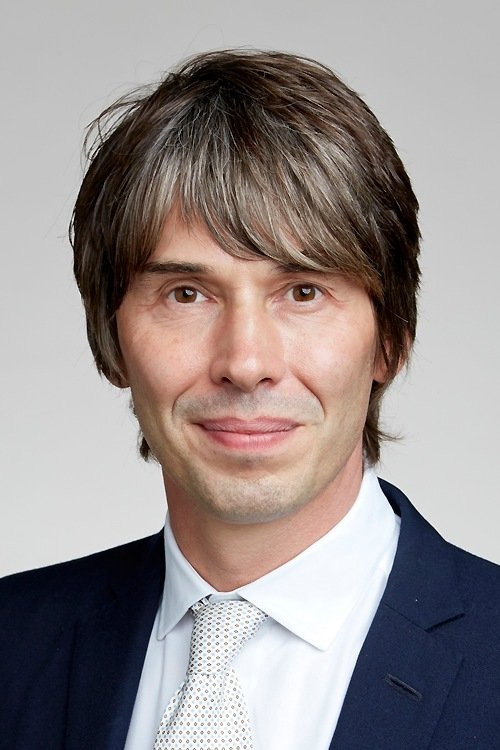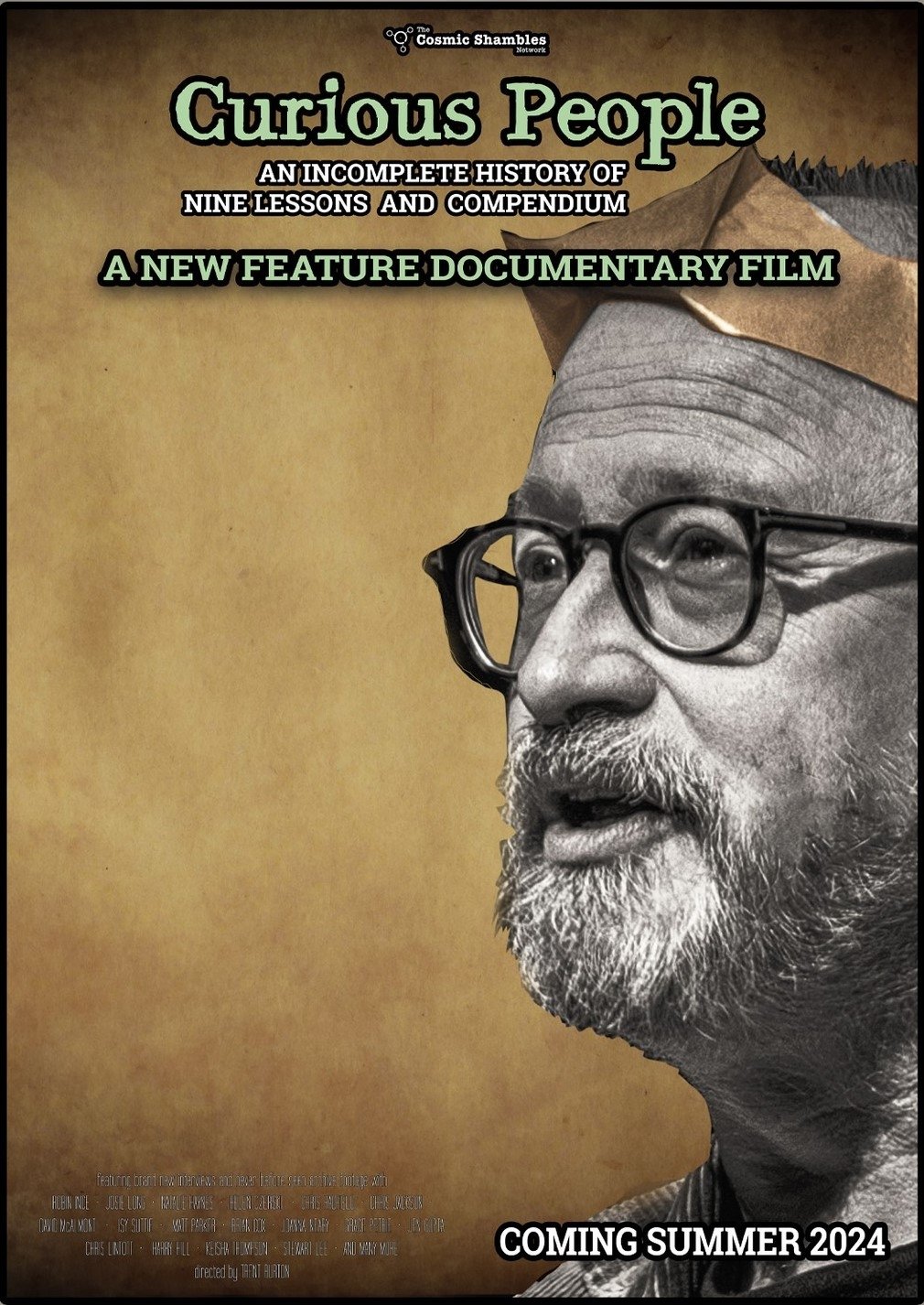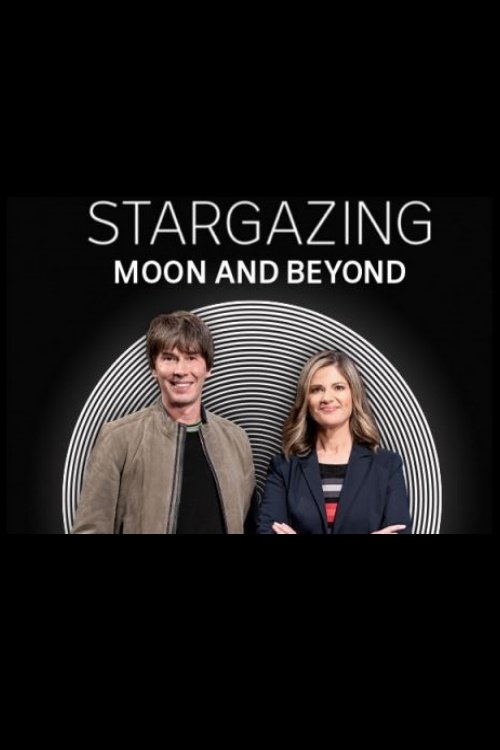

Brian Edward Cox, OBE, is a British particle physicist, a Royal Society University Research Fellow and a professor at the University of Manchester. He is a member of the High Energy Physics group at the University of Manchester, and works on the ATLAS experiment at the Large Hadron Collider (LHC) at CERN, near Geneva, Switzerland. He is working on the R&D project of the FP420 experiment in an international collaboration to upgrade the ATLAS and the CMS experiment by installing additional, smaller detectors at a distance of 420 metres from the interaction points of the main experiments.

Pioneering documentary maker Philomena Cunk returns with her most ambitious...

Almost two decades after comedian Robin Ince’s original idea to...

Explore the secrets of the universe with Professor Brian Cox...

With unique access to Nasa, Brian Cox follows Perseverance rover’s...

Brian Cox tackles some of the most challenging and intriguing...

Stargazing celebrates the 50th anniversary of the moon landing mission....